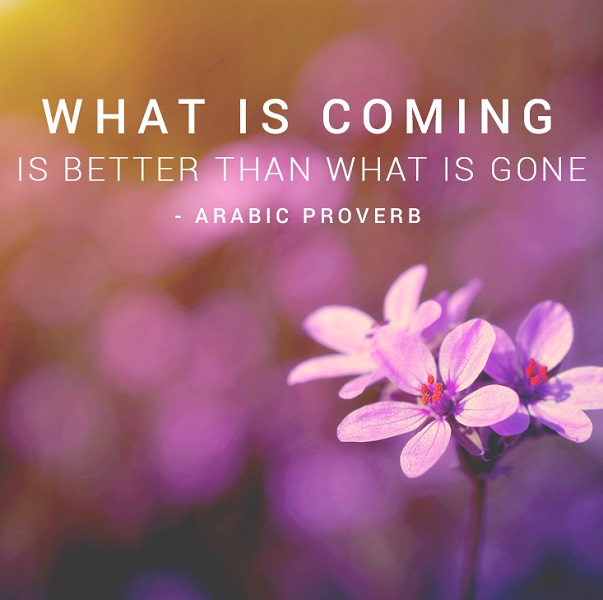Healing From Depression In Recovery
Depression and addiction as co-existing disorders isn’t uncommon. If you’ve gone through rehab and addiction treatment and are now successfully in recovery, you’ve done some very difficult work to get better.
What if you now feel depressed? If you do, you’re far from alone. Nearly 9 million people struggle with both addiction and a mental illness. Any mental illness can co-occur with addiction, but depression is common.
Learning To Heal From Depression In Recovery
If you did your hard work in rehab and are now struggling with depression, you’re at greater risk of relapsing. Learn to heal from your depression so you don’t return to substance abuse and so you can live an enjoyable life.
Getting Diagnosis And Treatment
 The most important thing you can do now is to see a professional for a diagnosis. A mental health professional can tell you if you have clinical depression or if you are battling a normal and expected bout of depression after drug or alcohol addiction. Either way, getting treatment will help. Treatment for depression usually involves psychotherapy, cognitive behavioral therapy, group therapy, medication or some combination of these methods.
The most important thing you can do now is to see a professional for a diagnosis. A mental health professional can tell you if you have clinical depression or if you are battling a normal and expected bout of depression after drug or alcohol addiction. Either way, getting treatment will help. Treatment for depression usually involves psychotherapy, cognitive behavioral therapy, group therapy, medication or some combination of these methods.
Therapy can help you learn to recognize signs of depression and negative thoughts while also learning how to change them. Medication is a type of treatment that works for many people struggling with depression. However, as an addict in recovery you may not be comfortable taking a medication. That is a personal choice and one you should make with the advice of your doctor and therapist.
Positive Lifestyle Changes
While professional help is important in guiding you through post-rehab depression, you can also make positive changes that will improve your mood. None of these should be considered a substitution for professional care, but they can be used to supplement your treatment:
- Exercise – One important thing to do is to start exercising and eating well. Being in good physical condition will go a long way toward improving your mood. Furthermore, exercise is known to lift the mood immediately. If you feel like you can barely get out of bed in the mornings, the idea of exercise may be daunting. Start small with a short walk each day and see how it makes you feel.
- Be social – Another important way to battle depression is to be social. Spend quality time with people you enjoy. You don’t have to have a lot of friends or go to parties to be social and to benefit from socializing. Having a cup of coffee with a good friend or dinner with your family are great ways to feel better about your life. Social support is crucial to both sobriety and mood.
- Make life meaningful – Develop meaningful activities in your life. For people in recovery, sobriety often feels like a big gaping hole. You spent so much time and energy using, you may now feel lost. Fill up that hole with activities that are healthful and meaningful. Work at a job you enjoy. Do volunteer work. Take up a creative hobby like painting or writing. Adopt a dog or cat from a shelter and learn to take care of it. All of these things are meaningful and special and will make your life feel worthwhile.
Caring And Effective Depression Treatment Is Available
Depression is a serious mental illness, and it can take over your life if you do not challenge it. As an addict in recovery, you face additional challenges. If you just can’t shake your feelings of depression no matter what lifestyle changes you make, be sure to seek professional help. Depression is treatable and you don’t have to suffer.
Call Us Now For Mental Health Or Addiction Help – We Are Here For You Because You’re Worth It!…Always!



